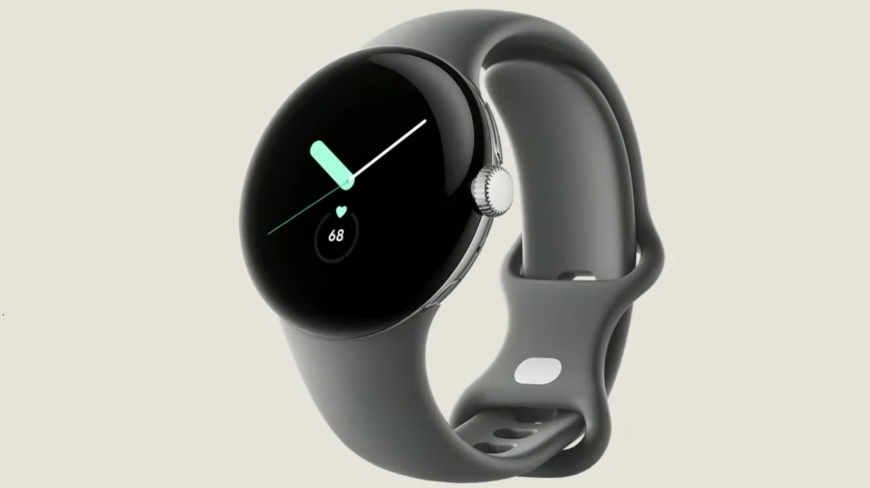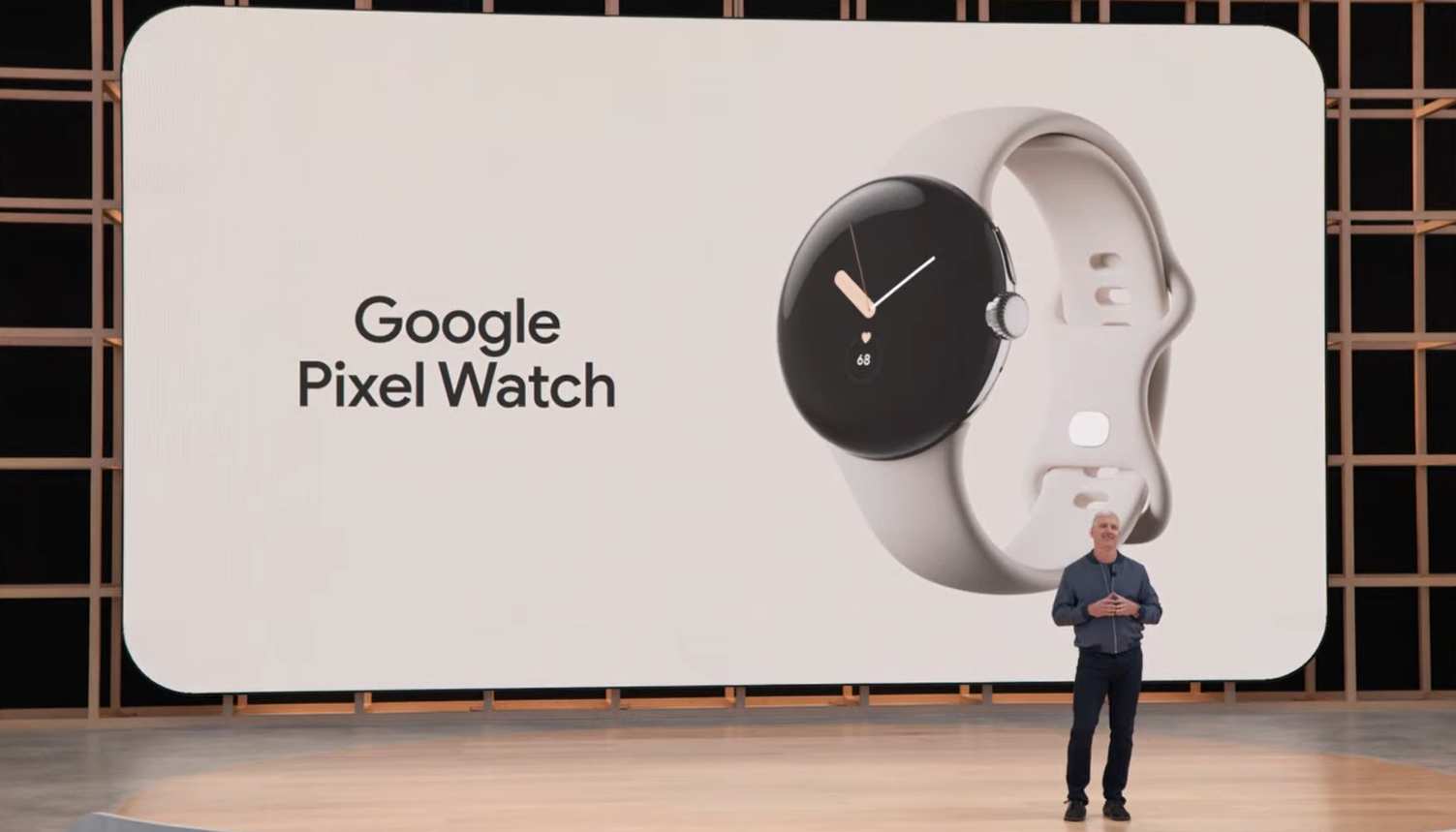Google Pixel Watch and Wear OS 3 look great – unless you're an iPhone owner
No Android phone? No Pixel Watch

One of the highlights of Google IO 2022 was the long-awaited unveiling of the Google Pixel Watch. Or at least an extended tease. Google hasn’t revealed everything about the wearable, but much of what it has said is worth getting excited about – with baked-in Fitbit tech being a highlight. But something less positive was also revealed – it’s not compatible with iPhones.
That means if you have an iPhone you won’t be able to connect a Pixel Watch to it, essentially making the wearable useless to you.
If you’re entrenched in Apple’s ecosystem that probably won’t come as a surprise, since the Apple Watch has never been compatible with Android phones. But most Wear OS watches do work with iPhones, so this feels like a step backward, and a potential disappointment for many would-be buyers.
Worse, the Pixel Watch isn’t alone in shunning the iPhone – the Samsung Galaxy Watch 4 and Samsung Galaxy Watch 4 Classic do as well.
That’s notable because currently, those are the only wearables running Wear OS 3 (the latest version of the operating system). At the time of the Galaxy Watch 4 series’ launch, it was hoped that this was a Samsung decision, but now that the Pixel Watch lacks iPhone support too, it’s starting to look like it might be a software limitation.
In other words, it’s possible that no Wear OS 3 watches will support iPhones – though it’s important to note that this hasn’t been confirmed. Even if other Wear OS 3 watches do launch with iPhone support though, that still leaves arguably the two biggest names in Wear OS without it.

Analysis: Google is becoming more Apple
As noted above, Apple has a history of locking users into its ecosystem, and – most relevantly in this case – it doesn’t let you use the Apple Watch with any phone that’s not running iOS. But Google is different, or it used to be anyway.
Get daily insight, inspiration and deals in your inbox
Sign up for breaking news, reviews, opinion, top tech deals, and more.
One of the big selling points of Android (and Wear OS) is the open nature of the software. You’re not locked to a specific brand or even a specific app store. It’s your device so you can do what you want with it – and connect what you want to it.
While this move isn’t quite locking it down as much as Apple has with the Apple Watch (after all, there are still hundreds if not thousands of different Android phones that you’ll be able to pair it with), it’s definitely a step in that direction, and one that’s disappointing to see.
Wear OS already feels like an underdog in the smartwatch space (not helped by Google’s neglect of the platform), and while it finally feels like Google is paying some attention to it, locking out millions of potential users doesn’t seem like the smart play.
- These are the best smartwatches
James is a freelance phones, tablets and wearables writer and sub-editor at TechRadar. He has a love for everything ‘smart’, from watches to lights, and can often be found arguing with AI assistants or drowning in the latest apps. James also contributes to 3G.co.uk, 4G.co.uk and 5G.co.uk and has written for T3, Digital Camera World, Clarity Media and others, with work on the web, in print and on TV.